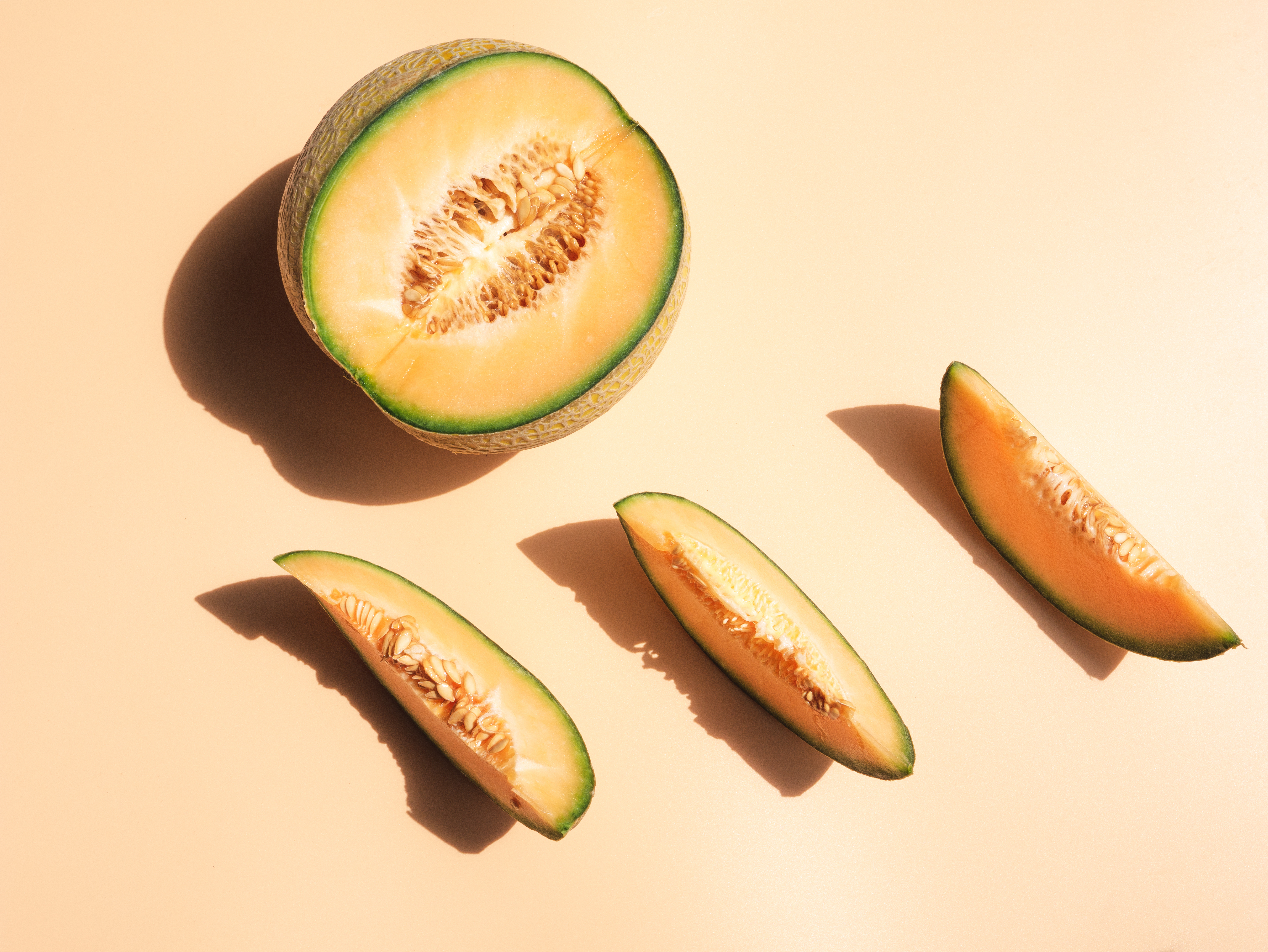To refrigerate or not to refrigerate, that is the question. For most, the decision on whether to put your groceries in the pantry or the fridge comes entirely down to preference. But did you know that with some foods, there are hard and fast rules when it comes to storage?
Improperly storing your fruits can make them less enjoyable or spoil quicker. Here’s a breakdown of what fruit belong in the fridge and which don’t.
Apples
If you’re a fan of cold, crispy apples fresh from the fridge – you may need to reconsider where you store them. Technically, apples shouldn’t be kept in the fridge because they produce a gas called ethylene which can accelerate the ripening of other fresh produce like broccoli and lettuce. Apples should be kept in a fruit bowl.
Still keen to keep them in the fridge? Find a spot that is away from any ethylene-sensitive produce.
“I prefer not to keep apples in the fruit bowl (even thought they look so beautiful) as they will hold their flavour and crisp texture if kept in the refrigerator,” The Weekly’s Food Director, Fran Abdallaoui explains of her own choice.
“Don’t wash them until your ready to use them. Pears on the other hand should be stored at room temperature until ripe. The ripening process can be hastened by enclosing then in a paper bag with a banana or apple. Once ripe, they window for perfect ripeness is short before they start to break down and bruise easily.”

Bananas
As for bananas, if they’re unripe you can keep them on your countertop. As they begin to ripen, you can pop them into your vegetable crisper to extend their life by a few days. Beware that in the fridge, the skin of the bananas will brown quicker but they’ll still be good to eat.
Citrus fruits
Lemons, oranges, limes and other citrus fruits can also be left on the counter if you plan to use them quickly. Otherwise, experts seem to agree that citrus fruits do best in the fridge for long-term freshness and maximum juiciness.
Berries
Blackberries, raspberries, strawberries all have a short life-span. If you plan to eat your berries within a day, leave them on the countertop. However, if you plan to eat them over a few days then keep them in your fridge and only rinse them before you’re about to eat them.

Grapes
Like berries, grapes really shouldn’t spend any time on the counter. For crispy and juicy grapes, pop them into a container in your fridge.
Mangoes
Mangoes are a tropical fruit, so they ripen best on your counter. After a few days on the countertop, your mangoes will become softer and sweeter. Once they’ve ripened, pop them in the fridge to enjoy chilled.
Melons
Before being cut up, honeydew, rockmelon and watermelon can be left on the counter. Once you cut up your melons, they should be covered and stored in the fridge to ensure freshness.

Pineapples
As a general rule of thumb, whole pineapples shouldn’t need to be stored in the fridge until it’s been peeled and chopped up. Until then, a whole pineapple will be fine to sit on the countertop for up to three days.
Stone fruits
Peaches, nectarines, plums, cherries and other stone fruits should be left on the counter until they’re ripe and moved to the fridge afterwards. Too much time in the fridge can make stone fruits can affect flavour and texture.
A perfect tree-ripened piece of stone fruit is luscious, sweet and aromatic but unfortunately it is difficult to buy such a fruit at the supermarket as most commercially grown stone fruit are picked before they are fully ripe,” says Fran. “It’s because ripe fruit is too fragile and perishable to stand up to distribution and handling to get them to market.”
“My preference is to ripen stone fruit at room temperature and then refrigerate as soon as the flesh yields to a gentle push. I like to store them in a covered container in the refrigerator to extend their shelf life and protect them from bruising. It all comes down to personal taste but for fullest flavour, bring them to room temperature before eating. Most importantly only buy only enough for a few days at a time unless your embarking on a jam session!”
Passionfruit
Contrary to popular belief, you don’t have to wait for a passionfruit to wrinkle before it is ready to eat. The fruit wrinkles because the moisture is being lost to the air.
“Buy passionfruit that are plump and heavy for its size. Skin blemish don’t generally have any impact on the flavour of the fruit inside so don’t be put off by small scratches, blotches or marks,” Fran explains.
“In summer and in the warmer parts of the country store your passionfruit in the fridge. If you put the passionfruit inside a plastic bag and store them in the vegetable crisper area of your fridge, they can last 2-3 weeks.
“Passionfruit pulp freezes well so when they are plentiful in summer and autumn, why not stock up and fill your freezer with pulp ready to use in all your favourite desserts and cakes – using an old ice cube tray is a great way to create handy portions of beautiful passionfruit to use later or simply freeze them whole and defrost to remove the pulp.”
Dried fruits
Whilst dried fruits are not technically fresh, it’s still worth mentioning that dried fruits have a shelf life of at least six months. Due to not having moisture, they can be stored in the cupboard or the fridge depending on your preference.



